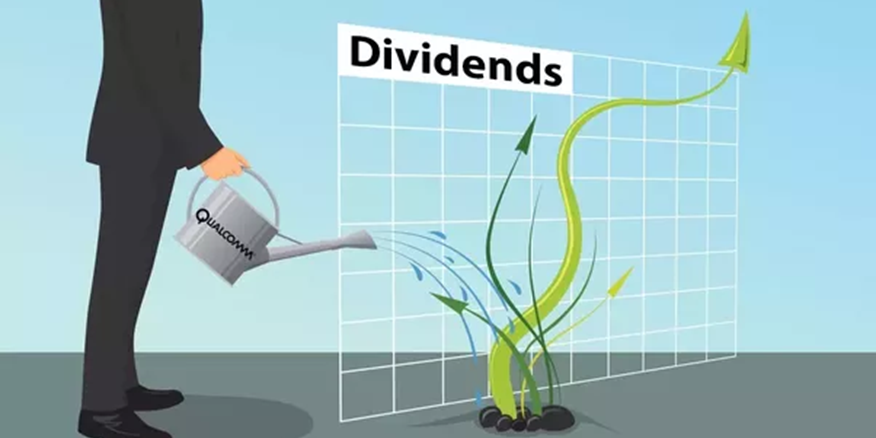
After reading this article about dividends, read also: WHAT IS DELINQUENT SHARE?
-
Dividends are payable in cash, property or in stock to all stock holders on the basis of outstanding stocks held by them
-
Dividends must be first declared before payment
-
The power to declare dividends is lodged on the Board of Directors
May a stockholder demand payment of dividends?
A corporation is either stock or non-stock. Stock corporations are those which have capital stock divided into shares and are authorized to distribute to the holders of such shares, dividends or allotments of the surplus profits on the basis of shares held. In layman’s term, dividend refers to a sum of money paid regularly by a corporation to its shareholders out of its profits.
Dividends may be declared by the Board of Directors out of the corporation’s unrestricted retained earnings which are payable in cash, property, or in stock to all stockholders. The payment of dividends is on the basis of outstanding stock held by stockholders. Understand that the declaration of dividends is dependent upon the availability of surplus profit or unrestricted retained earnings as the case may be.
Also, any cash dividends due on delinquent stock shall be first applied to the unpaid balance on the subscription plus cost and expenses. For stockholders who are not delinquent, any cash dividends are applied to their unpaid subscription until full payment. However, no stock dividends shall be issued without the approval of stockholders representing at least two-thirds (2/3) of the outstanding capital stock at a regular or special meeting duly called for the purpose.
Thus, to answer the query above, a stockholder may not demand payment of dividends.
For illustration, let us take the case of Republic Planters Bank vs. Agana et. al, G.R. No. 51765, March 3, 1997.
In this case, Robes-Francisco Realty & Development Corporation (RFRDC) secured a loan from Republic Planters Bank (RPB). As part of the proceeds of the loan, preferred shares of stocks were issued to RFRDC, through its officers then, Adalia and Carlos. In other words, instead of giving the legal tender in the full amount of the loan, RPB lent the amount partially in the form of money and partially in the form of stock certificates numbered 3204 and 3205. Said stock certificates were in the name of Adalia and Carlos who subsequently, however, endorsed his share in favor of Adalia.
Among the terms and conditions set forth in the said certificates of stock is the right to receive a quarterly dividend.
After sometime, RFRDC and Adalia filed a complaint against RPB anchored on their alleged right to collect dividends. The lower court then ordered RPB to pay RFRDC and Adalia the face value of the stock certificates. The court stated that since the stock certificates granted RFRDC and Adalia the right to receive a quarterly dividend of one per centum (1%) cumulative and participating, it “clearly and unequivocably indicates that the same are “interest bearing stocks” or stocks issued by a corporation under an agreement to pay a certain rate of interest. As such RFRDC and Adalia became entitled to the payment as a matter of right without the necessity of a prior declaration of dividend
Is the lower court correct?
The Supreme Court says:
No.
The Corporation Code (now Revised Corporation Code) prohibit the issuance of any stock dividend without the approval of stockholders representing at least two-thirds (2/3) of the outstanding capital stock at a regular or special meeting duly called for the purpose. The Code emphasizes the fact that payment of dividends to a stockholder is not a matter of right but a matter of consensus.
Furthermore, “interest bearing stocks”, on which the corporation agrees absolutely to pay interest before dividends are paid to common stockholders, is legal only when construed as requiring payment of interest as dividends from net earnings or surplus only.
Alburo Alburo and Associates Law Offices specializes in business law and labor law consulting. For inquiries, you may reach us at info@alburolaw.com, or dial us at (02)7745-4391/0917-5772207.
All rights reserved.
SUBSCRIBE NOW FOR MORE LEGAL UPDATES!
[email-subscribers-form id=”4″]

